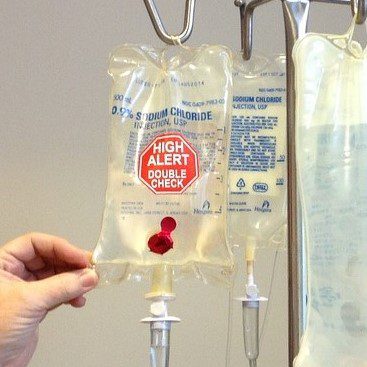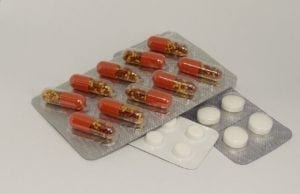BeyondSpring Pharmaceuticals has issued a press release announcing that the FDA presented the company with a complete response letter pertaining to its drug plinabulin and granulocyte colony-stimulating factor (G-CSF). The combination has been designed to prevent chemotherapy-induced neutropenia (CIN).
The FDA states that it has determined that, in its current form, the treatment cannot be approved. It is the FDA’s opinion that a second clinical trial is necessary because the findings were based on one Phase III trial. The trial did not produce evidence of a significant benefit for use in CIN. The FDA could not give its approval.
FDA Priority Review
A few months earlier, in June 2021, Plinabulin and G-CSF were granted FDA priority review. Its findings were based on clinical trial NCT03294577. A Priority Review reduces the FDA’s time to evaluate new drug applications. The aforementioned clinical trial compared pegfilgrastim alone to pegfilgrastim/plinabulin. Data from 1200 patients were evaluated. The primary endpoint showing improved neutropenia in the first cycle was met. The control arm vs. the plinabulin arm was 31.5% vs 13.6% respectively.
Stepping Back to October 2018
According to an article in the Globe Newswire, Beyond Springs Inc. presented clinical trial evidence for its neutropenia prevention program to the European Medical Oncology 2018 Congress (ESMO). Neulasta (pegfilgrastim) the current standard of care was compared to Plinabulin. Evidence from the trial proved that Plinabulin did not increase the Neutrophil-to-Lymphocyte Ratio (NLR), a standard immune suppression marker. Data from the trial produced evidence that:
- Immune suppressive levels did not increase when treated with Plinabulin
- Neulasta increased NLR significantly
- Both arms, Neulasta and Plinabulin, were at NLR values of 5 during Cycle 1
- The mean NLR value gradually increased from 7 with Neulasta to 12.2 on the 10th day
- On day 15, the last day, Neulasta remained at 8.11 while Plinabulin continued to decrease
- The absolute neutrophil count (ANC) represents white blood cells which are neutrophils; ANC remained in the normal range with Plinabulin; the ANC increased threefold with Neulasta
- Lymphocyte counts were at similar levels in both cohorts
About Plinabulin
Plinabulin, a small molecule, is marine-derived and BeyondSpring’s leading asset. It is being developed to prevent chemotherapy-induced neutropenia and as an anticancer therapy to treat non-small cell lung cancer (NSCLC).
About CIN
Chemotherapy-induced neutropenia is a common adverse event for cancer patients. The process involves the disruption/destruction of neutrophils, a type of white blood cell. Neutrophils defend against infections.
Currently, G-CSF monotherapy is the most widely used to prevent CIN, but the process has limitations. Approximately ninety percent of patients receiving chemotherapy together with G-CSF may experience adverse effects. The resulting decrease and delay in chemotherapy may affect a patient’s long-term cancer care.
Looking Forward
Professor Douglas Blayney is the Principal Investigator for the program. Professor Bayney lists the advantages of Plinabulin as opposed to Neulasta. Officials at BeyondSpring plan to request a meeting with the FDA and believe Plinabulin is the best option for preventing CIN.







